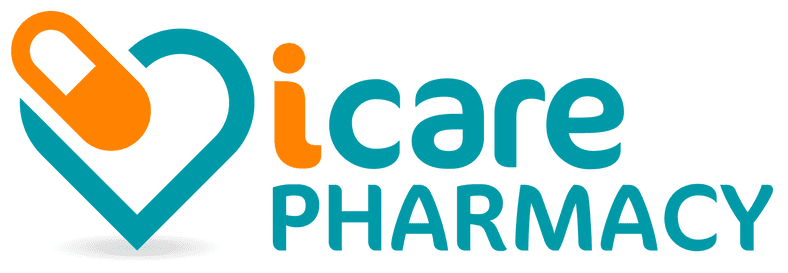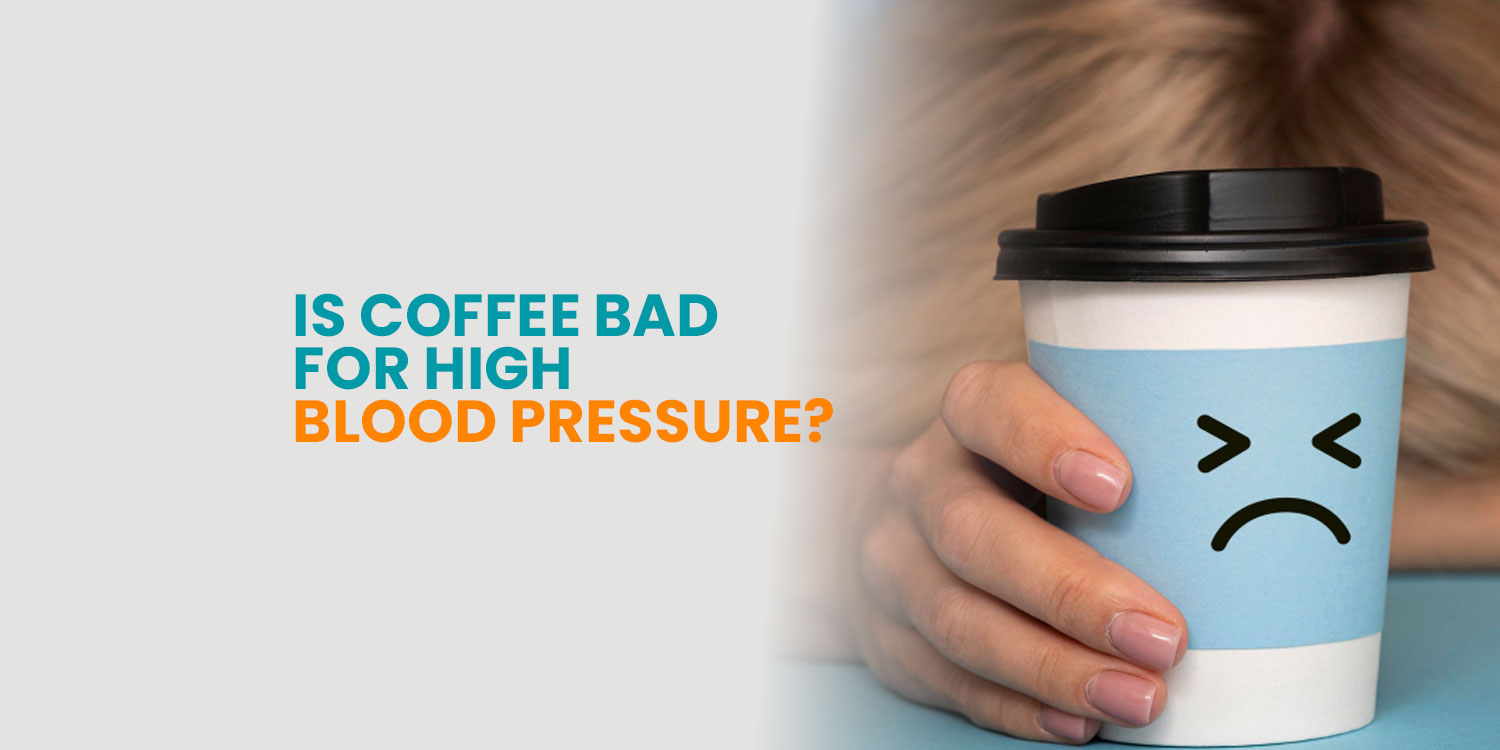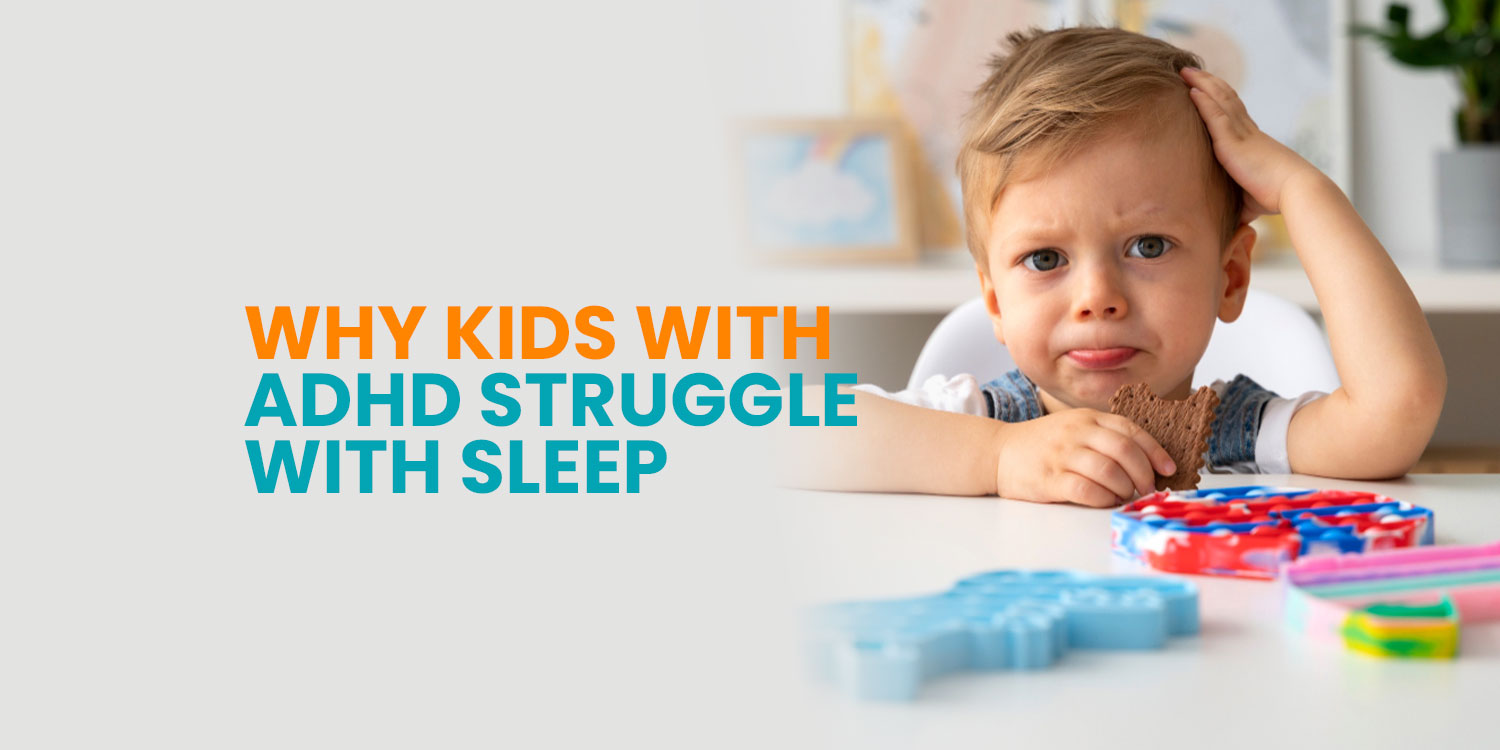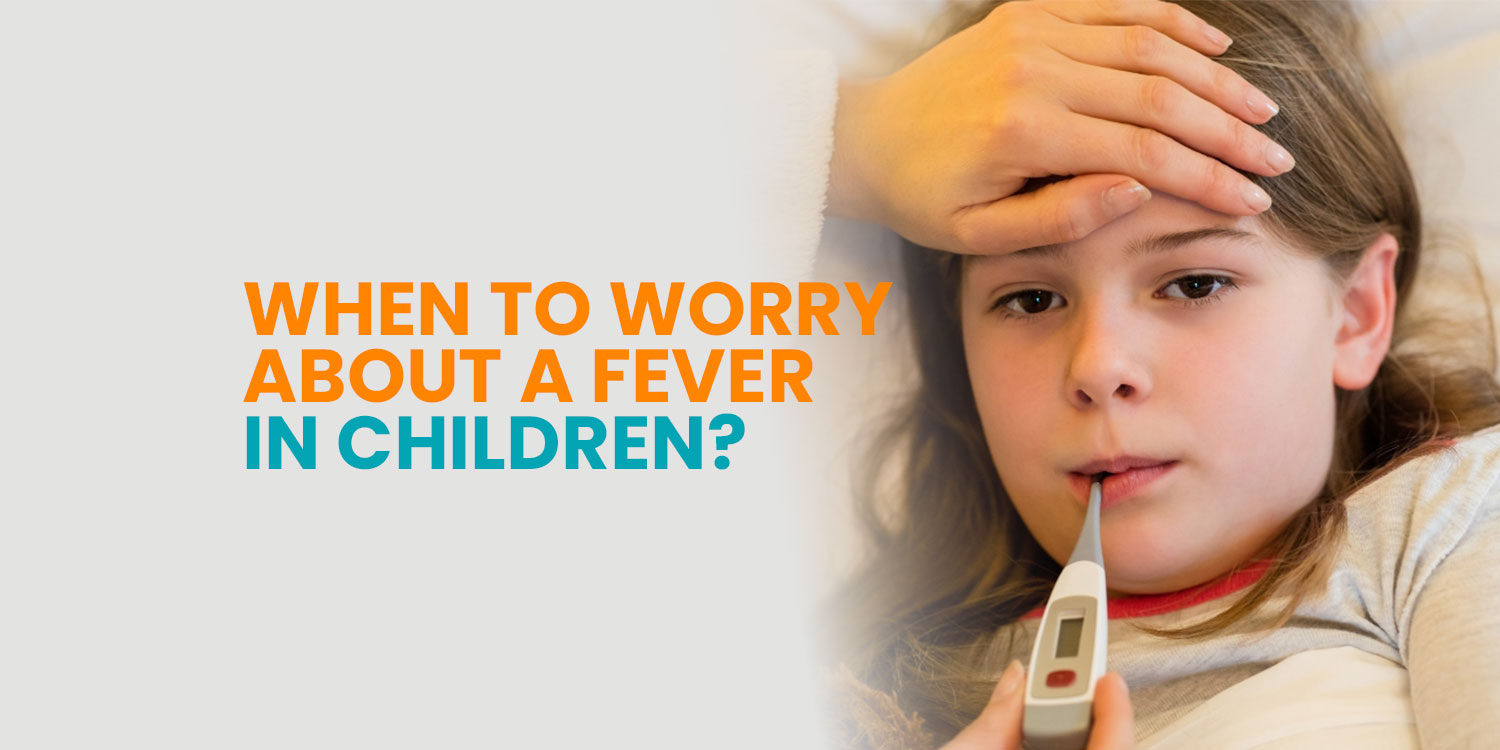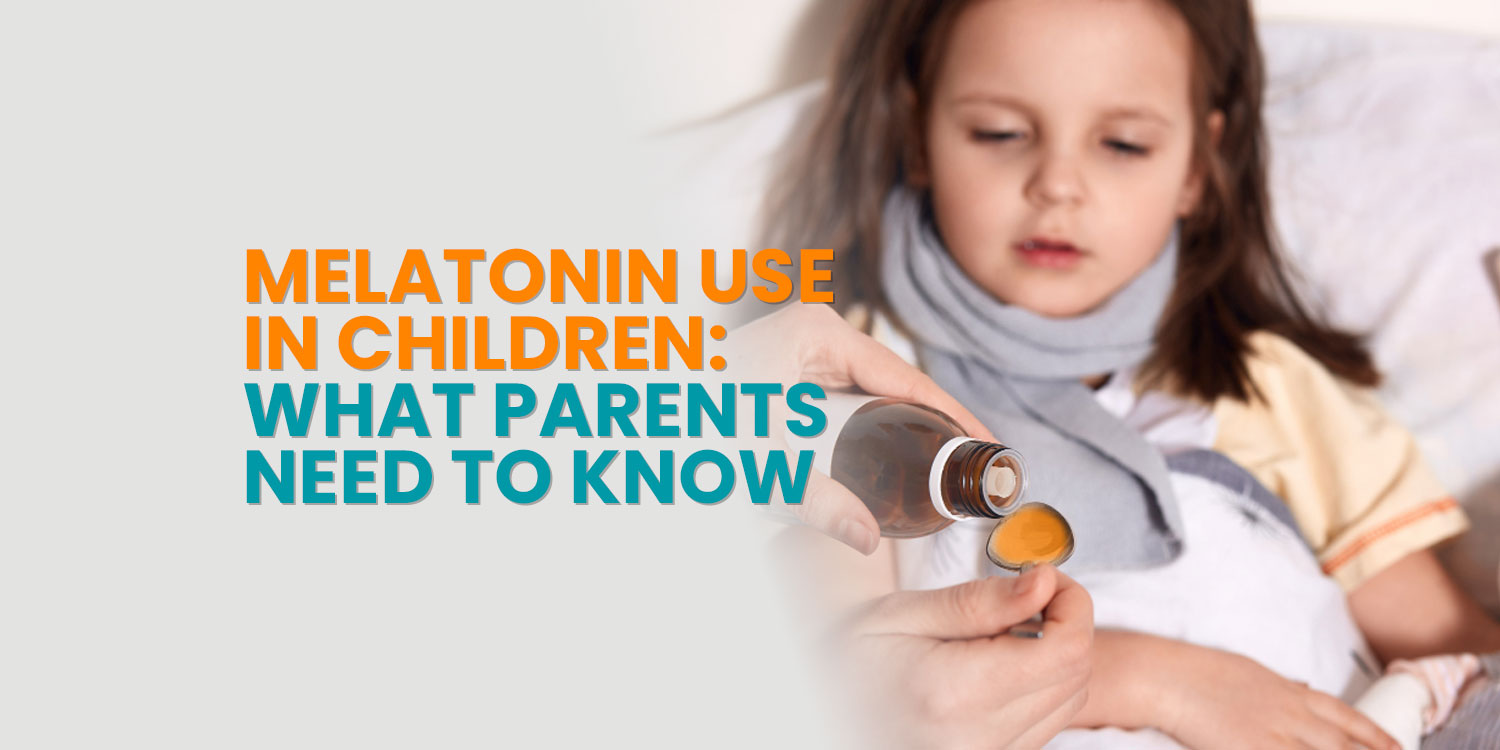Do You Need to Avoid Coffee If You Have High Blood Pressure?
When it comes to managing high blood pressure, many people wonder if they need to cut out their beloved cup of coffee. The answer? Well, it depends. There’s a big difference between sipping on a simple black coffee and downing a quadruple espresso shot caramel frappuccino loaded with sugar and calories. So, the key factor here is how much caffeine you’re consuming and how your body reacts to it.
How Coffee Affects Blood Pressure
Coffee contains caffeine, a stimulant that can temporarily raise blood pressure. This happens because caffeine stimulates the central nervous system and promotes the release of adrenaline. Adrenaline, in turn, causes blood vessels to constrict, leading to a short-term increase in blood pressure (Klag et al., 2002). This effect varies depending on how much caffeine you consume and how sensitive your body is to it.
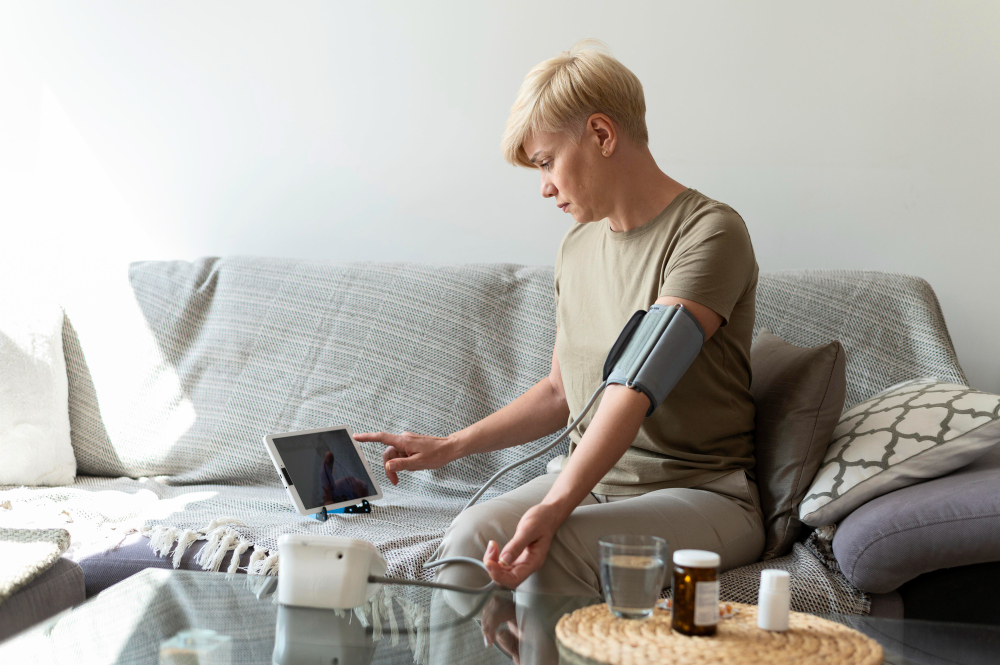
Individual Sensitivity to Caffeine
Not everyone responds to caffeine the same way. Some people are more sensitive to its effects and may experience a noticeable spike in blood pressure after drinking coffee, while others may hardly notice a difference (Mesas et al., 2011). If you have high blood pressure, it’s important to monitor how your body reacts to caffeine and adjust your intake accordingly.
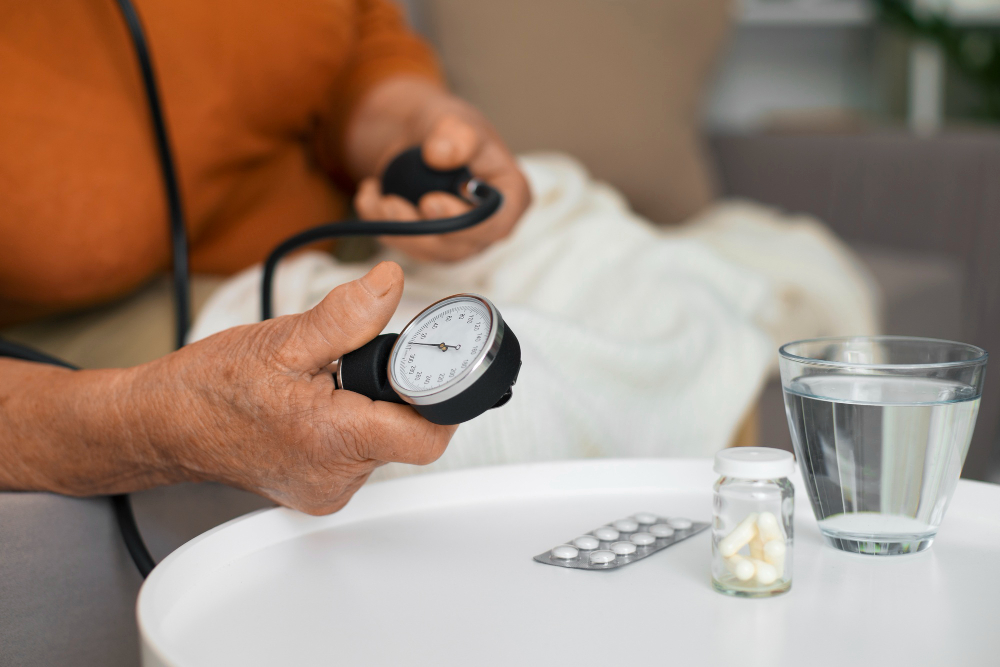
Building a Caffeine Tolerance
Interestingly, regular coffee drinkers may develop a tolerance to caffeine. Over time, the body adapts, and the temporary blood pressure-raising effects of caffeine may diminish (Mesas et al., 2011). This means that if you’re a daily coffee drinker, your usual cup of coffee may not have the same impact on your blood pressure as it would for someone who rarely drinks it.

Should You Cut Out Coffee?
If you have high blood pressure or a history of heart issues, you don’t necessarily need to eliminate coffee completely. Instead, consider the following:
- Monitoring Your Blood Pressure: If you notice a significant rise after drinking coffee, you might want to cut back.
- Limiting Excessive Caffeine: Stick to moderate amounts—generally, up to 400 mg of caffeine per day (about four cups of brewed coffee) is considered safe for most people (U.S. Food and Drug Administration [FDA], 2022).
- Avoiding High-Calorie Coffee Beverages: Sugar-laden, high-calorie coffee drinks can contribute to other health problems like weight gain and increased blood sugar levels.

Bottom Line
For most people, a moderate amount of coffee is unlikely to cause long-term issues with blood pressure. However, if you have high blood pressure, it’s worth keeping an eye on your caffeine intake and how it affects you. When in doubt, talk to your healthcare provider about what’s best for your individual health needs.
So, enjoy your coffee—just maybe not the extra-large, sugar-packed, quadruple-shot kind!
References
Klag, M. J., Wang, N. Y., Meoni, L. A., Brancati, F. L., Cooper, L. A., Liang, K. Y., & Shapiro, E. P. (2002). Coffee intake and risk of hypertension: The Johns Hopkins Precursors Study. Archives of Internal Medicine, 162(6), 657–662. https://doi.org/10.1001/archinte.162.6.657
Mesas, A. E., Leon-Muñoz, L. M., Rodriguez-Artalejo, F., & Lopez-Garcia, E. (2011). The effect of coffee on blood pressure and cardiovascular disease in hypertensive individuals: A systematic review and meta-analysis. American Journal of Clinical Nutrition, 94(4), 1113–1126. https://doi.org/10.3945/ajcn.111.016667
U.S. Food and Drug Administration. (2022). Spilling the beans: How much caffeine is too much? https://www.fda.gov/consumers/consumer-updates/spilling-beans-how-much-caffeine-too-much
